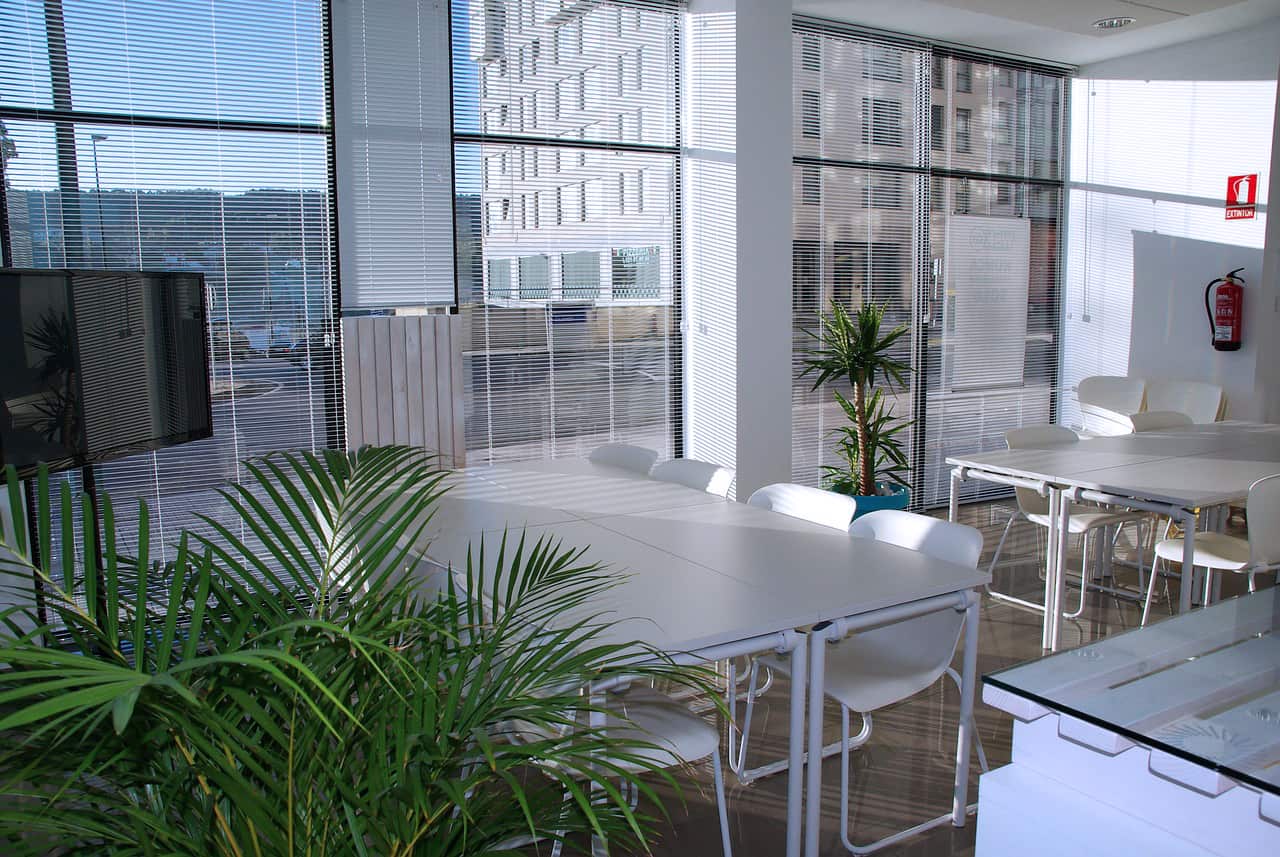Are you a startup wondering whether to opt for a coworking space or a traditional office? This is a common question that many entrepreneurs face when starting a new venture. Both options come with their own set of pros and cons, and choosing the right one for your startup can be crucial to its success.
Which Option is Right for You?
Choosing between a coworking space and a traditional office depends on your priorities and needs. If you’re looking for an affordable, flexible, and collaborative workspace, a coworking space may be the right choice. On the other hand, if you’re looking for privacy, customization, and stability, a traditional office may be the better option.
Ultimately, you need to consider factors such as your budget, team size, business goals, and work style when making your decision. Remember that there’s no one-size-fits-all solution, and what works for one startup may not work for another.
Coworking Spaces: Pros and Cons
Pros
Affordable: Coworking spaces are generally more affordable than traditional office spaces. As a startup, you need to keep your expenses low, and a coworking space can be an excellent option for that.
Flexibility: Coworking spaces offer a high degree of flexibility. You can choose from different membership options based on your needs. You can also rent a desk or a private office space for a day, week, month, or longer, depending on your requirements.
Networking opportunities: Coworking spaces are a hub for entrepreneurs, freelancers, and small businesses. You can benefit from the networking opportunities and collaborate with other like-minded individuals.
Cons
Lack of privacy: Coworking spaces are open-plan, which means you may have to share your workspace with others. This may be a problem if you need to have private discussions or meetings with clients.
Distractions: Coworking spaces can be noisy and distracting, which may affect your productivity. This is especially true if you’re working on tasks that require focus and concentration.
Lack of control: Since coworking spaces are shared, you have little control over the environment. You may have to deal with a messy desk or someone playing loud music.
Traditional Offices: Pros and Cons
Pros
Privacy: Traditional offices offer a high degree of privacy. You can have private discussions and meetings with clients without worrying about distractions.
Customization: Since you have complete control over the space, you can customize it to your liking. You can design the layout and décor based on your brand and culture.
Stability: Traditional offices offer a sense of stability and permanence. You can sign a long-term lease and have a dedicated space for your team.
Cons
Expensive: Traditional offices are generally more expensive than coworking spaces. You may have to pay for rent, utilities, and other expenses, which can add up quickly.
Less flexibility: Traditional offices offer less flexibility than coworking spaces. You may have to commit to a long-term lease, which may not be suitable for startups that are still finding their feet.
Isolation: Traditional offices can be isolating. You may miss out on the networking opportunities that coworking spaces offer.
If you are having a hard time deciding, perhaps felxibility is your goal.
Both coworking spaces and traditional offices have their own set of pros and cons. When choosing between the two, you need to consider factors such as affordability, flexibility, privacy, and customization. It’s important to weigh the pros and cons carefully. My companies and locations offer hybrid solutions and low commitments, allowing you to change and grow with your business.






